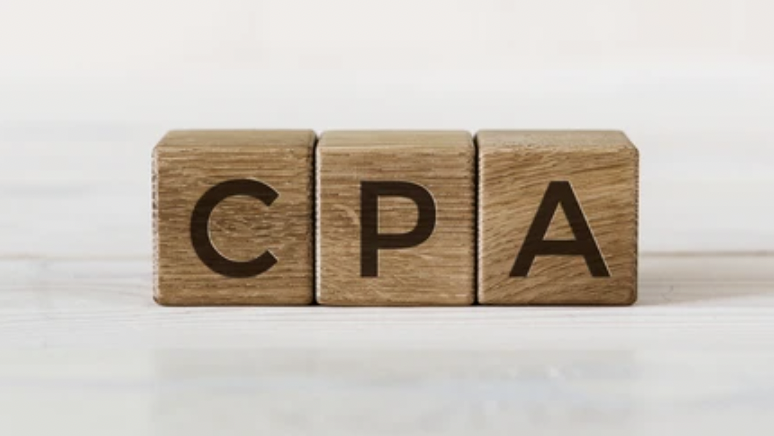How California’s CPA License Modernization Could Help More Students Become CPAs
/Important legislation regarding the CPA licensure requirements is under consideration in the Senate after being passed by the California Assembly. Assembly Bill 1175 (AB 1175) focuses on the educational requirements for CPAs, aiming to make the pathway more accessible and flexible.
What does the current CPA pathway and pipeline look like?
Currently, the existing CPA pathway requires candidates to complete 150 semester units of college coursework, earn one year of professional experience, and pass the CPA exam. Under the current pathway, students either opt to obtain their master’s degree after receiving their bachelor’s degree or finish the additional 30 credits at community college. The additional required semester units needed for CPA licensure often creates a large barrier for many students aspiring to be accountants due to the increased tuition costs and extended time commitments.
It's no question that the accounting profession has been experiencing a pipeline problem for the past decade. There has been a shortage of professionals applying for CPA licenses while the demand for financial services has grown. Additionally, many experienced professionals are nearing retirement with 75% of the CPA workforce meeting retirement age in 2020 according to the AICPA. Assembly Bill 1175 hopes to increase accessibility, reduce barriers to the accounting profession, and attract talented accounting individuals.
How does AB 1175 benefit students?
Under the bill, the CPA licensure requirements include a bachelor’s degree (120 semester units) with an accounting concentration, and two years work experience. This change in licensure requirements addresses the financial costs and time commitment associated with the current 150 semester unit rule. There is also an option to substitute certain advanced degrees such as a certificate or master’s in accounting, taxation, or tax law for one year of accounting experience.
What does the timeline look like ?
If passed, the law would take into effect beginning in 2026. Throughout 2026, California will focus on implementation, development, updates, and outreach before the new licensure pathway begins on January 1, 2027. The old pathway remains as an option until December 31, 2028. Until then, students can choose between the two pathways before the old one phases out.
Source: California Board of Accountancy
FAQ:
What happens if you’re currently on track under the 150 unit pathway?
Once the new licensure pathway begins on January 1, 2027, students have the option to continue with the 150 unit pathway or switch to the new licensure requirements. This provides alternative options for students to choose from. The current education and experience requirements end on January 1, 2029 and after that time, only the new pathway is available. Students are encouraged to speak with their college advisors if they have any specific questions about their coursework and planning.
What counts as professional work experience?
Under the current pathway, the professional experience requirement includes work experience under the supervision of a licensed CPA that involves “the use of accounting, attest, compilation, management advisory, financial advisory, tax or consulting skills.” Once experience is completed, the supervisor must complete and sign the general experience form and the form must be sent to the California Board of Accountancy.
The changes to California’s licensure requirements can encourage more students to pursue a career in accounting and increase the number of young talent in the pipeline. As the bill progresses, the BAP blog will continue to keep students informed and updated.
10/4/2025 Update: Governor signs AB 1175, a milestone for the profession!
Helpful Resources:
Sources:
https://www.dca.ca.gov/cba/outreach/california-legislation.shtml
https://www.dca.ca.gov/cba/applicants/experience-requirements.shtml
https://www.bakertilly.com/insights/expansion-of-cpa-licensure-pathways


